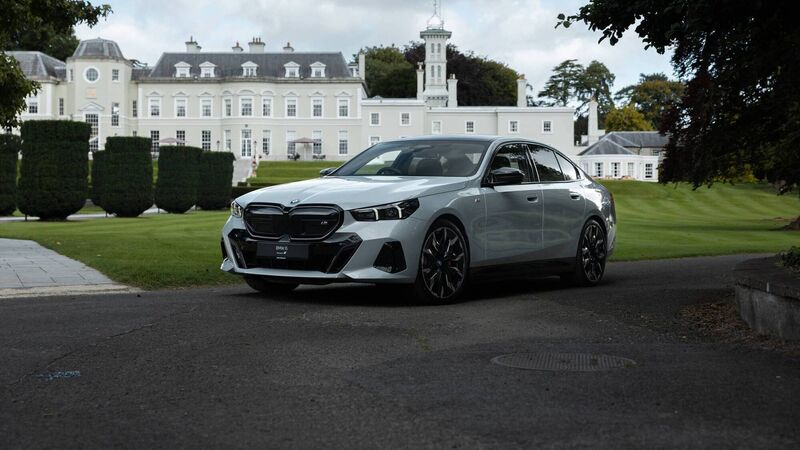Electric car share of new registrations falls to 14% amid slowdown in demand

Despite the electric vehicle slowdown, BMW has seen sales this category outperforming rivals Tesla and Volkswagen.
The slowdown in electric car sales continues as they accounted for just 14% of new registrations during the first three months of the year, while the proportion of new diesel cars increased, data from the Central Statistics Office (CSO) shows.
New petrol & electric cars up by 59% in first three months of 2024 compared with the same period in 2023https://t.co/Pwnde77dBo#CSOIreland #Ireland #IrishTransport #TransportIreland #Transport #VehicleLicensing #NewVehicle #RoadFreight #Business #BusinessStatistics pic.twitter.com/z8VaKnBSYF
— Central Statistics Office Ireland (@CSOIreland) April 10, 2024











